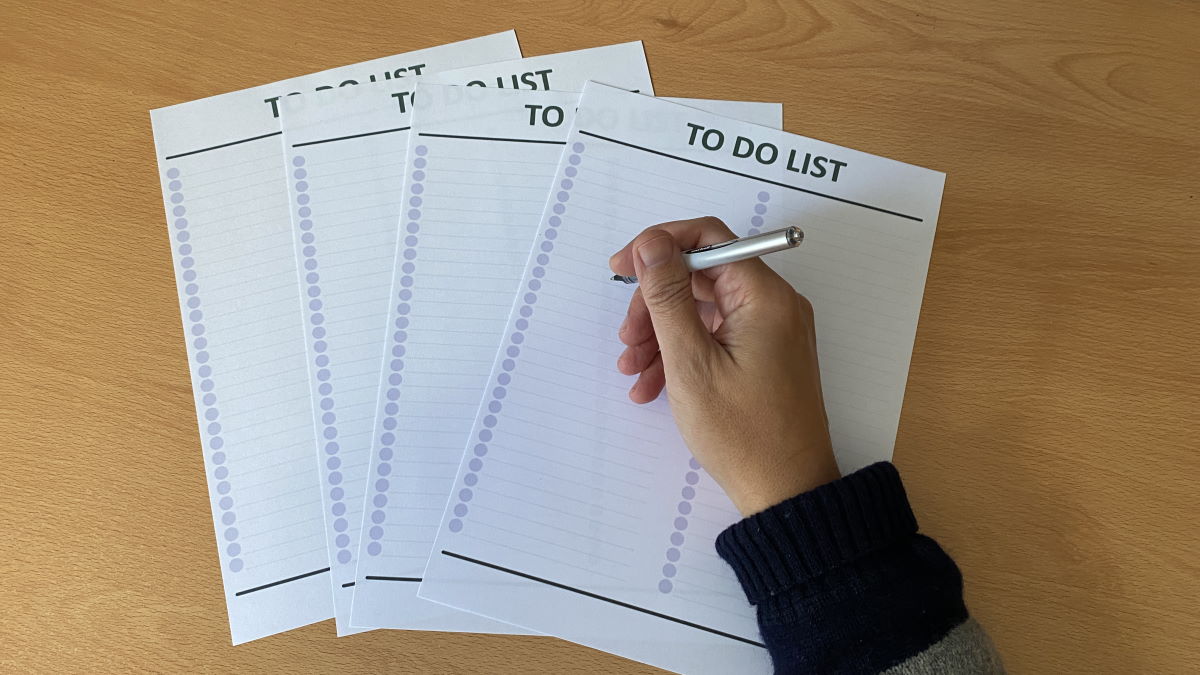Do you know what the most painful thing about freelancing is?
Well, the second most painful.
The most painful, without a doubt, is to spend a day every quarter compiling all the information for the tax authorities and end up paying a lot of money.
As it is.
But the second is the time management.
At least for me, having spent a good part of my professional life in a corporate environment.
In a company, time is easy to organize. They basically give it to you organized.
You go to work at nine o’clock. You leave at six o’clock. You have an hour for lunch. Ten minutes to go to the toilet.
And in all this time, here you have, on your desk or in your inbox, all this stuff that you should do.
The priority is also simple: by noon this has to be done, before you leave also this other thing, and by the end of the week all these other things.
Tomorrow, if that’s the case, we’ll reassign the priorities, depending on what comes out.
So, yes. It’s very easy.
But when you work on your own, it’s you who has to organize what you do and when you do it. Then things change.
You can spend unproductive years of your life studying productivity books.
I’m not the only one with this problem.
On amazon.co.uk there are now 60,000 results for “productivity” books.
I’m guessing that at least 60,000 people have found the experience of feeling unproductive so frustrating that they’ve invented 60,000 systems to at least feel a little more productive doing something, anything, like writing a book.
And I’m guessing that at least 60,000 more people have bought one of these books. It would be incredibly sad if no one bought a book that took so much work to write.
All these books will give you recipes for organizing your day.
- Get up early.
- Check your mail only twice a day.
- Prioritize what’s important first.
- Put your phone in flight mode.
- Group similar tasks in blocks.
- Every couple of hours go for a walk outside.
Usually, you will be told to make a note of everything you have to do. Somewhere. Out of your head.
That’s not what your head is for.
It can be in your paper diary, on a post-it stuck to your screen, in your digital calendar, in your shiny new to-do app.
Then separate what is most important from what is not.
Underlining, painting little symbols, assigning priorities, sorting in folders and subfolders, with emoticons.
It doesn’t matter.
And, whichever system you use, after a week you will have so many things of low importance that you will have a dilemma.
“If I put this new article, I’d like to read on my low priority list, I’ll never find it again.
“It will get lost in the infinity of the vast inexhaustible ocean of low priority tasks.”
“So, I’ll assign it medium priority so I can find it soon.”
And after another week you will come to the next dilemma.
“I have so many medium-priority tasks that if I put the decalcifying the coffee pot there, I’ll never see it again.”
“And I’m going to kill the coffee pot.
“So, I’ll mark it as a high priority. So, I’m sure I won’t forget it.”
And after another week…
You get the idea.
So, when the system is fully saturated you start writing down the things you must do on the back of your hand with a permanent marker. That way you’re sure not to forget.
And you never look at your fantastic productivity system again.
Because it depresses you.
Well… it depresses me. I don’t know about you.
There is only one solution to this.
It’s called “wipe the slate clean”.
The analogue version is to buy a new diary and keep the old one. If that makes you feel really bad you can always leave the old one on the table. As a paperweight of something.
The digital version is to start using a new digital tool.
It’s not that the new tool is better than the old one.
It’s that it’s clean.
And that gives peace of mind.
I’m sure that among the 60,000 books there is one that explains a good system to prevent your productivity system from saturating you.
I’ll make it a point to read them to find the solution.
